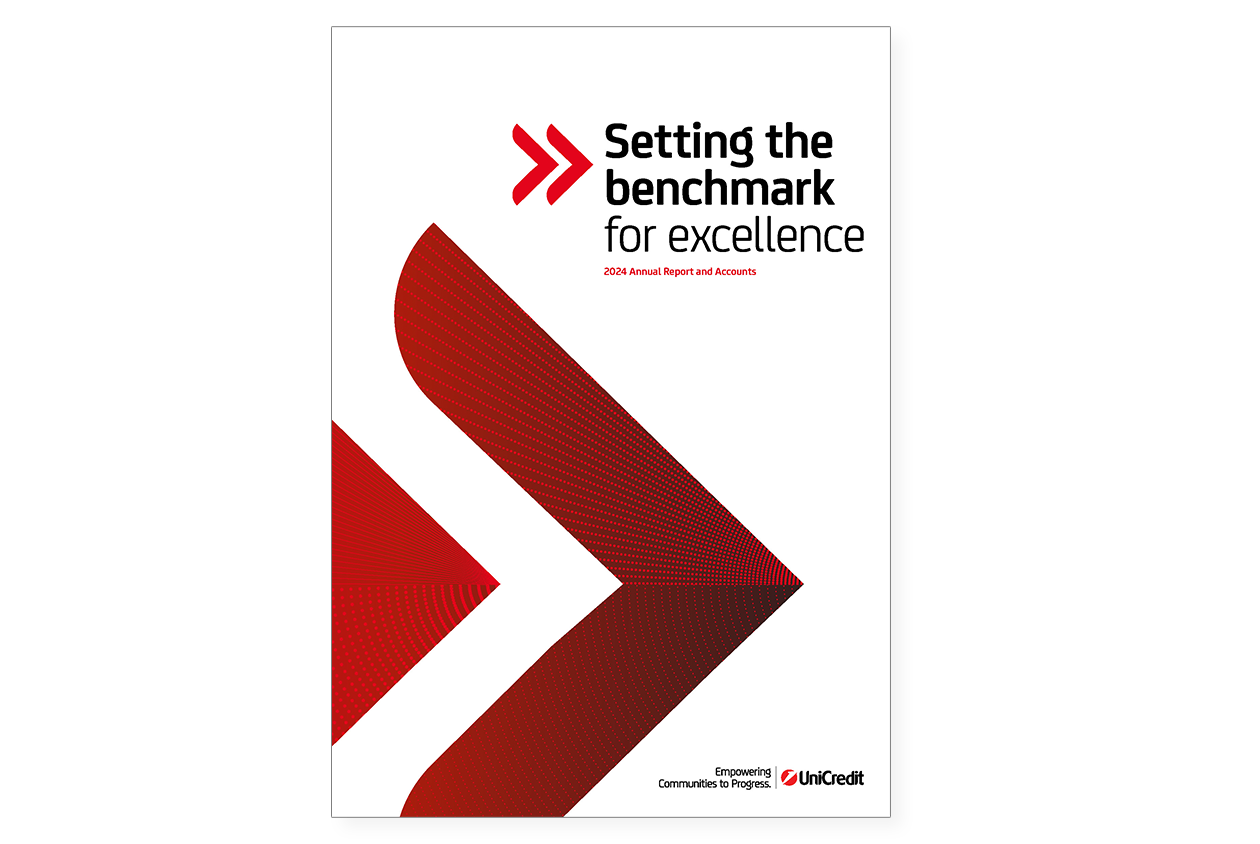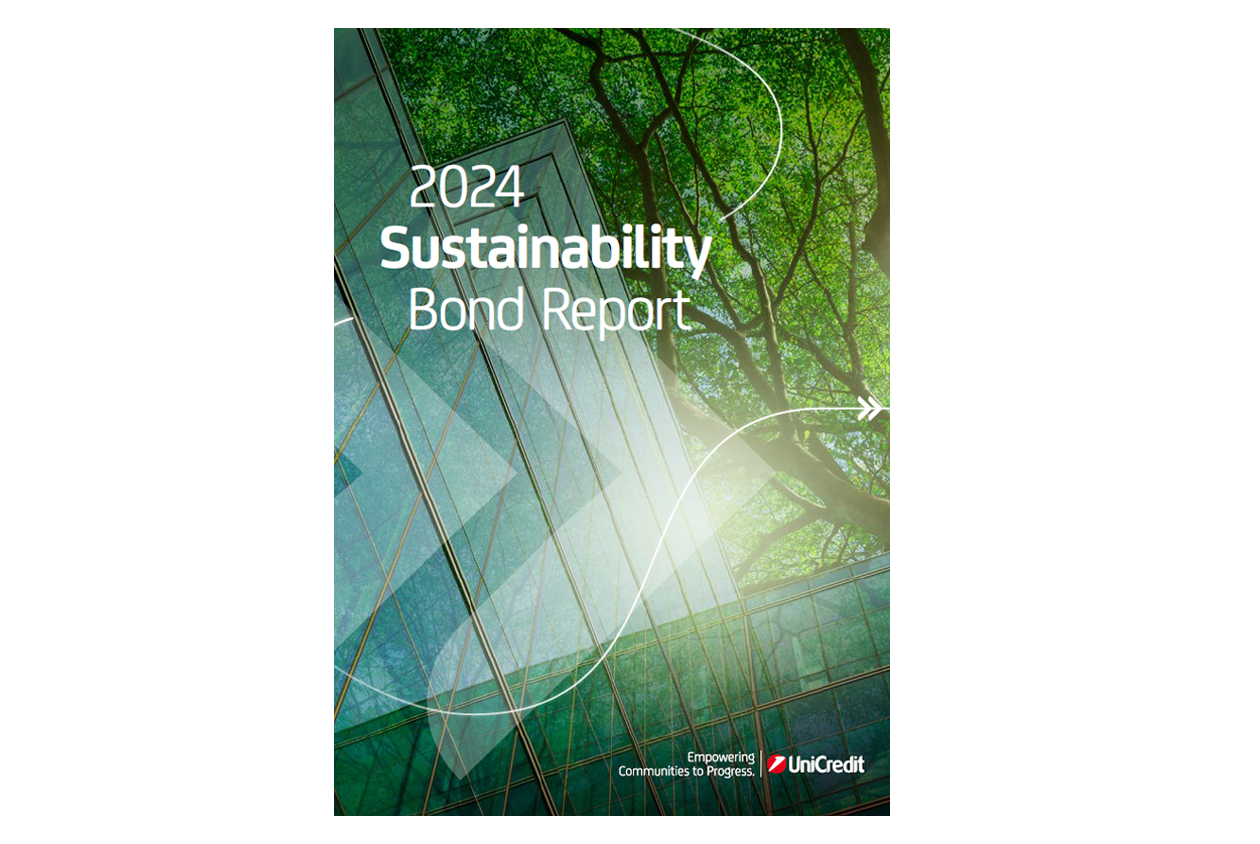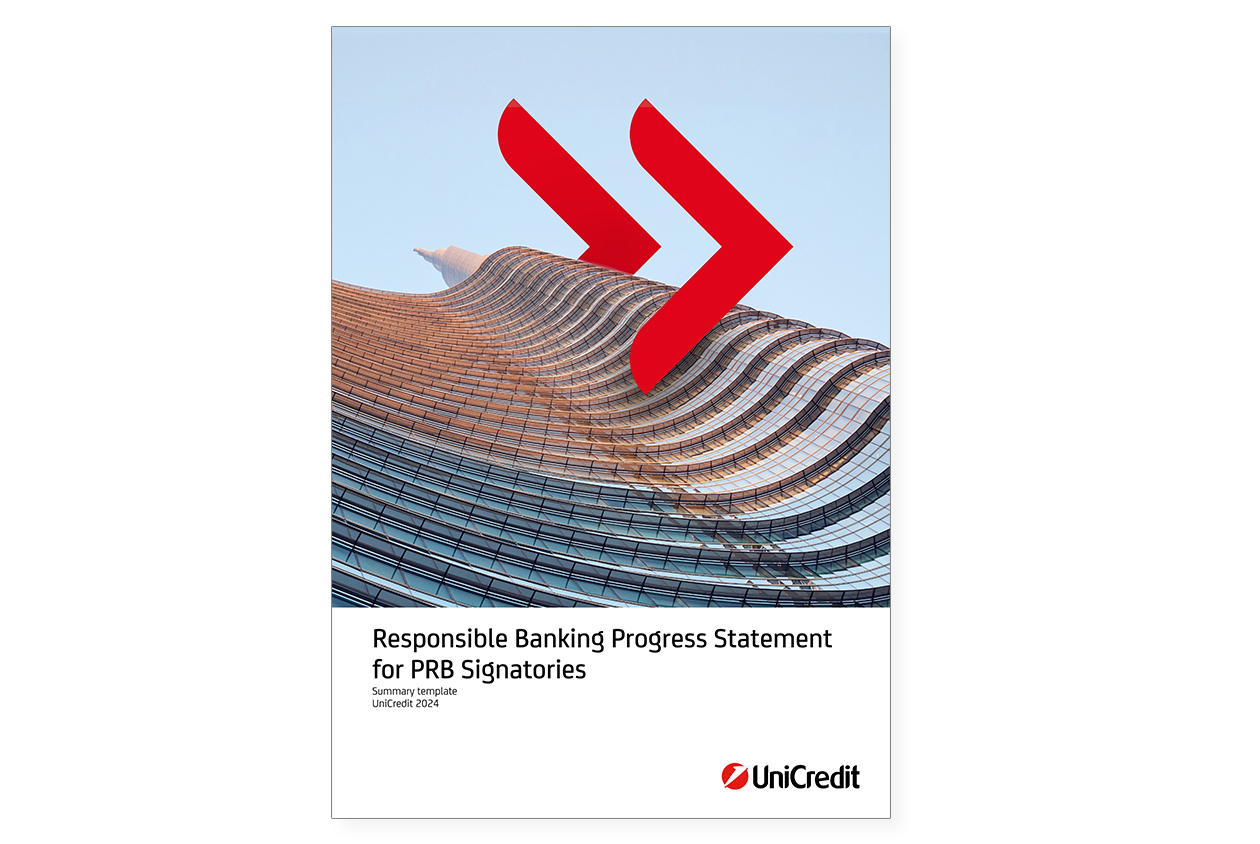We have set ambitious ESG targets for all areas of our business as part of our strategic plan, including a strong commitment to constantly increase our social impact and support to communities. We always monitor and report on our progress for a sustainable growth, encouraging a culture of measurement and transparency.

Sustainability Statements
In our 2024 Annual Report, you can find our Sustainability Statements, which we have prepared in compliance with the EU Corporate Sustainability Reporting Directive (CSRD).
We have undertaken an extensive double materiality assessment to identify the most pressing ESG issues relevant to our business and stakeholders and we have provided information on our sustainability performance, in alignment with the European Sustainability Reporting Standards (ESRS).
In line with our commitment to transparency and alignment with international best practices, the recommendations of the Task Force on Climate-related Financial Disclosures (TCFD) have been incorporated into the contents of our Sustainability Statements within our 2024 Annual Report, prepared in accordance with the CSRD.



